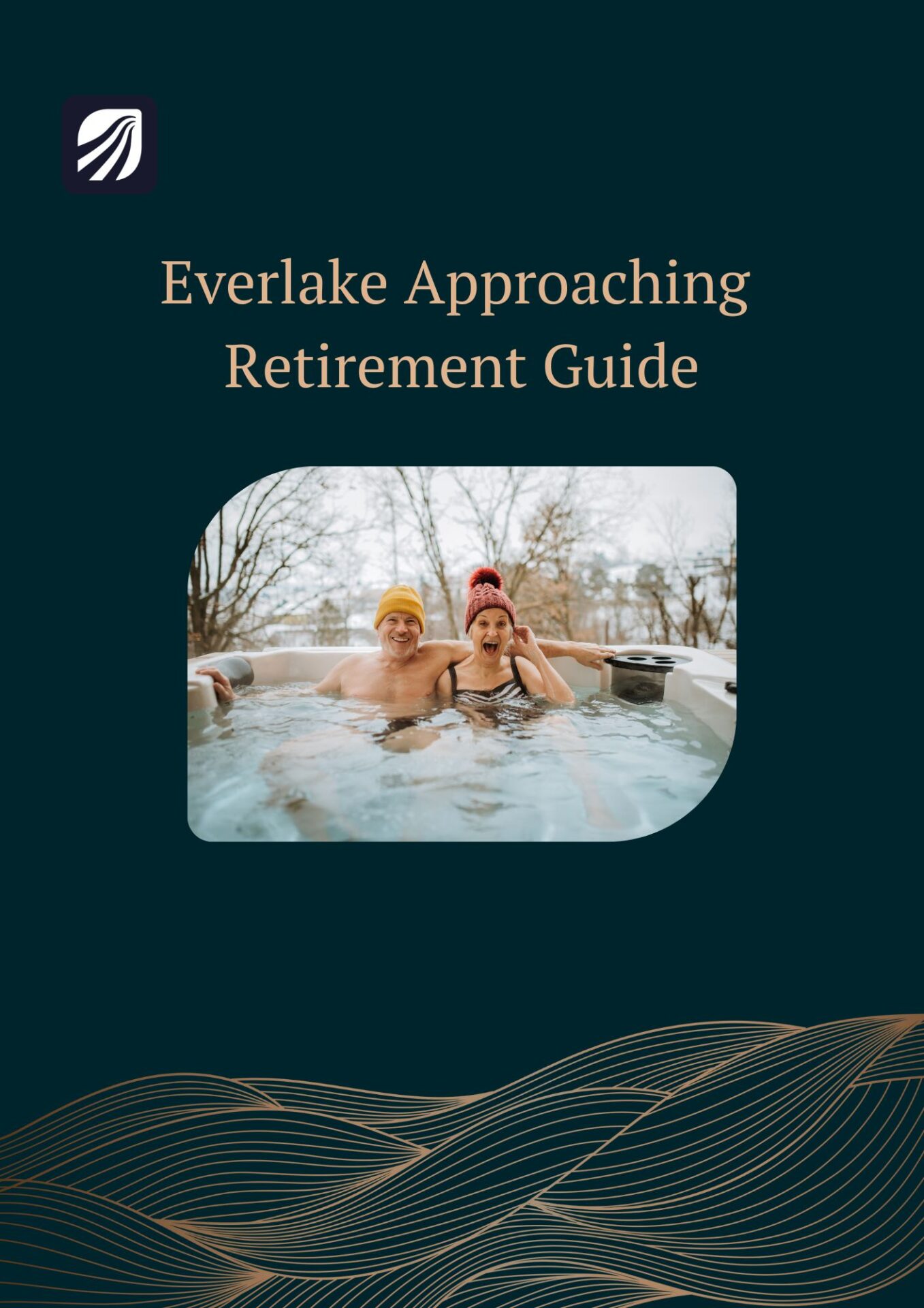In my guide to approaching retirement i consider the challenges confronting retirees today, and also look at some practical strategies for dealing with their concerns.
My key insight from working with retirees for the last 30 years is that good retirement planning advice should make you feel slightly uncomfortable. Let’s illustrate this point with an example.
Imagine you go to your doctor, and he says that you have high cholesterol, and you are overweight, what would you expect your doctor to say? You would probably expect them to advise you to eat more healthily and to exercise more; they may also refer you to a dietician for practical advice on how to better manage what you eat. Now, this might not be what we might prefer, it requires effort and a change to our established behaviour, but it is certainly what we expect our doctor to advise us to do.
Our doctor isn’t there to tell us that; “it’s ok not to eat healthily and not exercise” and we don’t expect them to. They are highly qualified professionals, and we should expect them to make a comprehensive diagnosis of our health and to prescribe the most clinically effective solutions to deal with any problems they identify based on the evidence before them – it’s called evidence-based medicine.
Now contrast this with the typical experience that we might have when seeking financial advice for our retirement plans. Many clients will present themselves to an advisor and many, if not most, will stress the importance of keeping their capital safe. We know that this is true because 40% of all insured Approved Retirement Funds (ARFs) in Ireland are just invested in cash deposits.
Now, unlike meeting with a doctor, many advisors are happy to action the plan you say you want, rather than having a much more difficult conversation with you about what you should really do. This is not to say that the products on sale in Ireland today are totally unsuitable. In fact, all advisors are required to provide advice ensuring that the products they recommend are suitable. But this suitability standard is a lower duty of care than that provided by your doctor.
We are all familiar with the Hippocratic Oath sworn by doctors which ensures that your doctor will always seek to do what is in your best interest and to act as your fiduciary or trusted advisor.
However, Financial Advisors in Ireland are not required to act as your Fiduciary – to step into your shoes and to always do what is best for you.
Consequently, many of the products recommended in Ireland today are therefore focused on capital preservation simply because that is what retirees are mostly asking for.
Equally, many of the investment products on sale in Ireland are sold on the basis of commission payments to Financial Brokers and there is a potential conflict of interest between what is best for you and the desire of the broker to earn the highest commission.
It doesn’t have to be this way…
By contrast, we believe that retirement is one of the ‘big rocks’ in your life, like getting married or having children. These are life changing events that require an objective and professional assessment of what is in your best interests. The decisions are too important to be subject to the insidious conflicts of interest presented by the commission-based sales model.
We also believe that the focus for many people should not be on the products used to provide for our retirement such as deciding between an annuity or Approved Retirement Fund (ARF).
Rather, your focus should be on the things that matter to you, like how much income you need in retirement and the things that are within your control like how much risk you take.
The introduction of the Approved Retirement Fund (ARF) was a game changer for the retirement income market in Ireland, moving existing pension savings from a source of income in retirement to a financial planning vehicle. Prior to its implementation many people in Ireland converting their pension fund to an income stream through an annuity contract, often without exercising their Open Market Option to secure a competitive annuity rate.
Since the introduction of ARFs, the situation has reversed, with many, if not most people now choosing an ARF.
At the same time, we are starting to see a change in attitude to traditional retirement, with many people now transitioning into retirement (rather than it being marked by a distinct point in time) and looking at their overall assets, including residential property, savings, and pensions to fund their changing retirement income needs at different points during later life.
While the ARF has provided flexibility, it is our belief that for many people, their main aim is to have a pension that provides them with an income which lasts through retirement, ahead of the secondary desire for estate planning for the next generation.
Helping people plan at retirement is very different from helping people save for retirement. In the accumulation phase, people save from income to build capital, usually over a fixed term. With regular saving they can benefit from euro cost averaging. In the decumulation phase, capital is converted to income. The time horizon is unknown and the opposite of euro cost averaging, commonly called ‘euro cost ravaging’ or sequence of return risk, can be devastating.
Investors should understand their retirement options at least five years prior to their proposed retirement date.

everlake.ie
